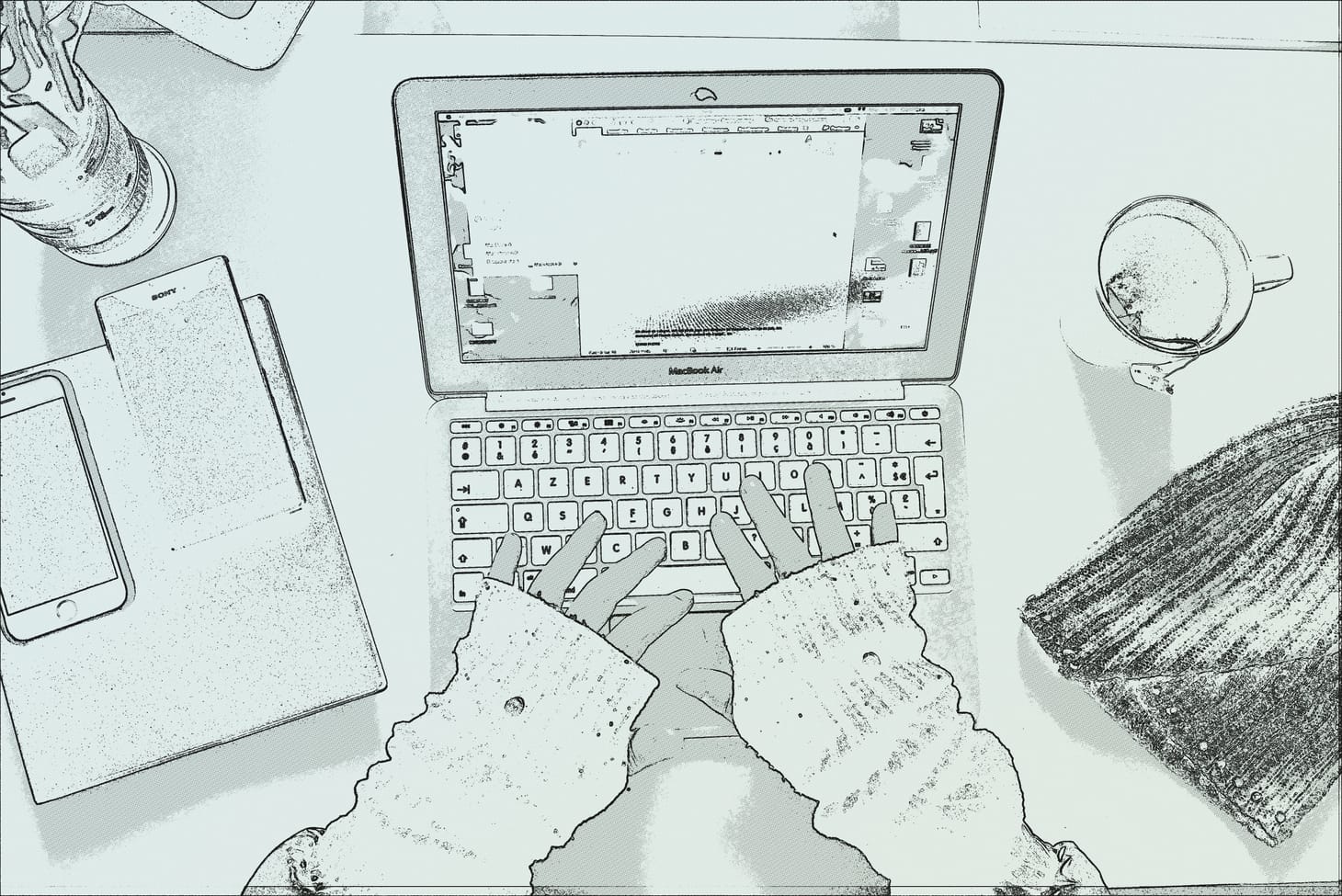Predicted Collapse

My degree is in psychology, and though I focused on family and child counseling, industrial/organizational psychology was a close second in my affections. I loved taking a case study from a disaster at NASA — like the Challenger shuttle explosion — and looking at what went wrong organizationally to allow that to happen. So, as you can imagine, I’m riveted by the Twitter saga. The twists and turns. The overall smugness of the CEO in the face of a serious threat to the product’s existence. The ultimatums and the promises that staying at the company could be at the expense of any life outside your job. The employees wandering the virtual halls of Slack, trying to figure out if they still have a manager, but who can’t check with HR because HR is gone.
One worker who wanted to resign said she had spent two days looking for her manager, whose identity she no longer knew because so many people had quit in the days beforehand. After finally finding her direct supervisor, she tendered her resignation. The next day, her supervisor also quit.
The press requests go unanswered by a communications team that was one of the first to get the axe when layoffs came swiftly following acquisition. Just when there are soooo many questions. Users are trying to decide if the jig is up and saying goodbye to the platform and their followers. Maybe Twitter was just the friends we made along the way?
At any given time, Twitter employees may be asked to come into the office to work, upon threat of termination or may be shut out of working at the office. Badge access denied. Oh, and let’s not forget about badges. There are all kinds of badges floating around Twitter now. Badges you can buy, badges you are given and badges that are rescinded. Badges even change color. It’s chaos badging.
One of the most fascinating things about this whole process is that, while employees get discarded or flee like rats from a sinking ship, many users of Twitter seem to think that doesn’t make a difference. Well, this site’s still running, so they must not have needed those people. Folks, humans aren’t literally powering the site. There aren’t employees running on a hamster wheel to generate electricity to keep the servers on.
A building doesn’t just collapse when the people leave. It rots, over time, from neglect. Just because the app hasn’t crashed (yet) doesn’t mean you can run it in the long-term without platform engineering and site-reliability experts. The infrastructure is still there, after all, and it’s architected to handle spikes in traffic through elasticity. It won’t just fail, if the engineers have done their job. At least, not initially. At some point, there will be a crisis. It might happen pushing new code for that mega-blue badge that allows you to DM a celebrity in exchange for cash money. It may happen during a targeted attack. Newton’s First Law of Physics is, “an object in motion stays in motion in the same direction unless acted upon by an unbalanced force.” In software, there are many unbalanced forces. It’s just a question of when one pops up.
Treasure Hoard
Join the newsletter to receive posts in your inbox.


